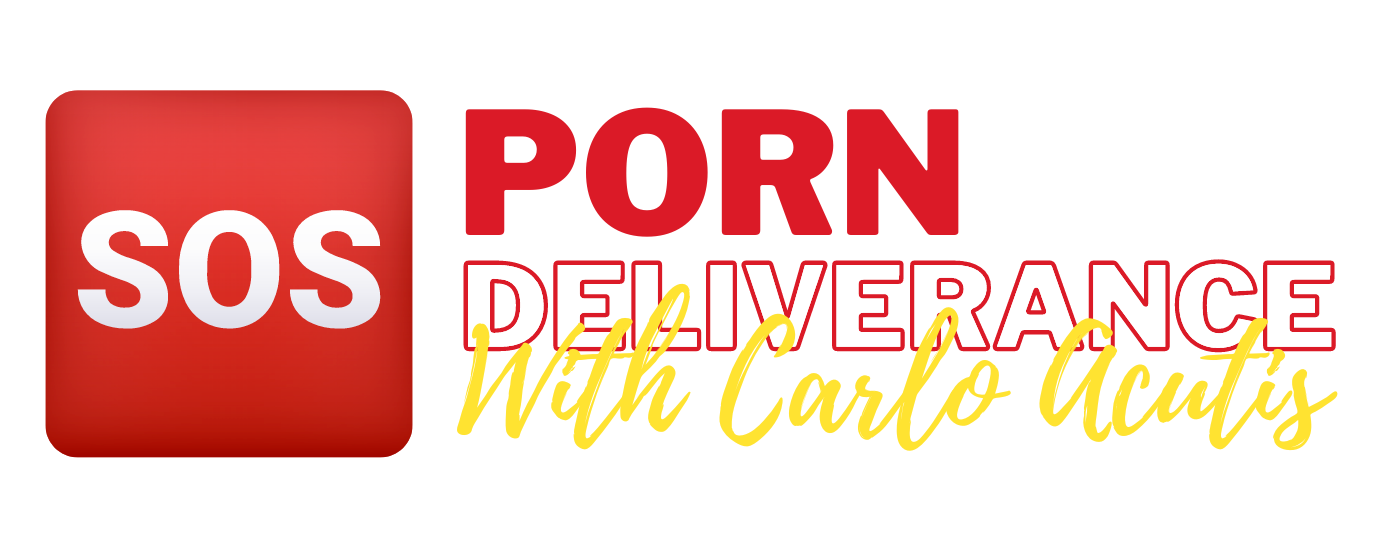Addiction to porn, sign of pschological distress?
Addiction to pornography or to masturbating regularly, even if your partner seems to ignore it, has an effect on the trust within a relationship. Shame, breaking the rules, or sinning, the subject is taboo. How can we address it differently? How do we talk about it, in all simplicity?
A man admits to his friend that he’s addicted to porn. His friend replies directly: “Your combat is essentially a question of control. You like the control that pornography gets for you. You’d prefer to dive deep into this universe rather than run the risk of real intimacy.” Stupefied, the man recognised that it was true: “I wanted control over the way I experienced pleasure and I didn’t want to face the perspective of not having my needs satisfied by a real person.” (1)
Exercising your sexuality in a solitary way is totally paradoxical. Contradictory even in the terms we use, if we accept that sexuality is made for relationship. Each one of us has a deep need for intimacy with another. To be intimate with someone, is to live in close physical and emotional proximity with this person. We have a first experience of this intimacy in the relationship with our parents. When a lack of intimacy, or a displaced intimacy with them, or with one of them, affects the child, a distrust is planted in them. The child hardens their heart, in an effort to survive it. Later, this can make them become a “detached” adult, who finds it difficult to be intimate and incapable of talking about it, because it implies surrendering. An adult in this case can become narcissistic, not able of taking another person into account. The partner of someone like this is clearly bound to suffer.
Porn addiction, sign of psychological distress
Porn addiction, like sex addiction, is not in the first instance a moral problem, but a psychological problem, and sign of psychological stress. Moral convictions will not help a person in breaking out of it. Rather, they need to become aware of the reasons behind their addiction, by working on themselves, accompanied by someone who is competent.
And where is God in all this? More intimate than my own self. God can be a source of healing.
- Read also: Liberated from pornography by Carlo Acutis
Therapy can also help you become aware of the causes behind these inappropriate sexual habits.
Sexual impulses and urges are the sign of a greater and deeper desire: that of being loved and of loving. In quenching this great and good thirst through solitary satisfaction we deprive ourselves of the inter-personal dimension of this desire, it deprives us of love. Break out of it! Get help!
So, how do we do it? Talk about it with your partner and/or talk to us using the chat’!
- Is masturbation harmful?
- Joseph, ex-porn addict: “One day, I thought to myself: you’re not happy!”
- What are the consequences of porn on your health ?
Notes
Extract of an article written by Sophie Lutz for ‘Famille chrétienne’, March 2013.
(1) Vers une sexualité réconciliée, by Andrew Comiskey, Éditions Raphaël.


